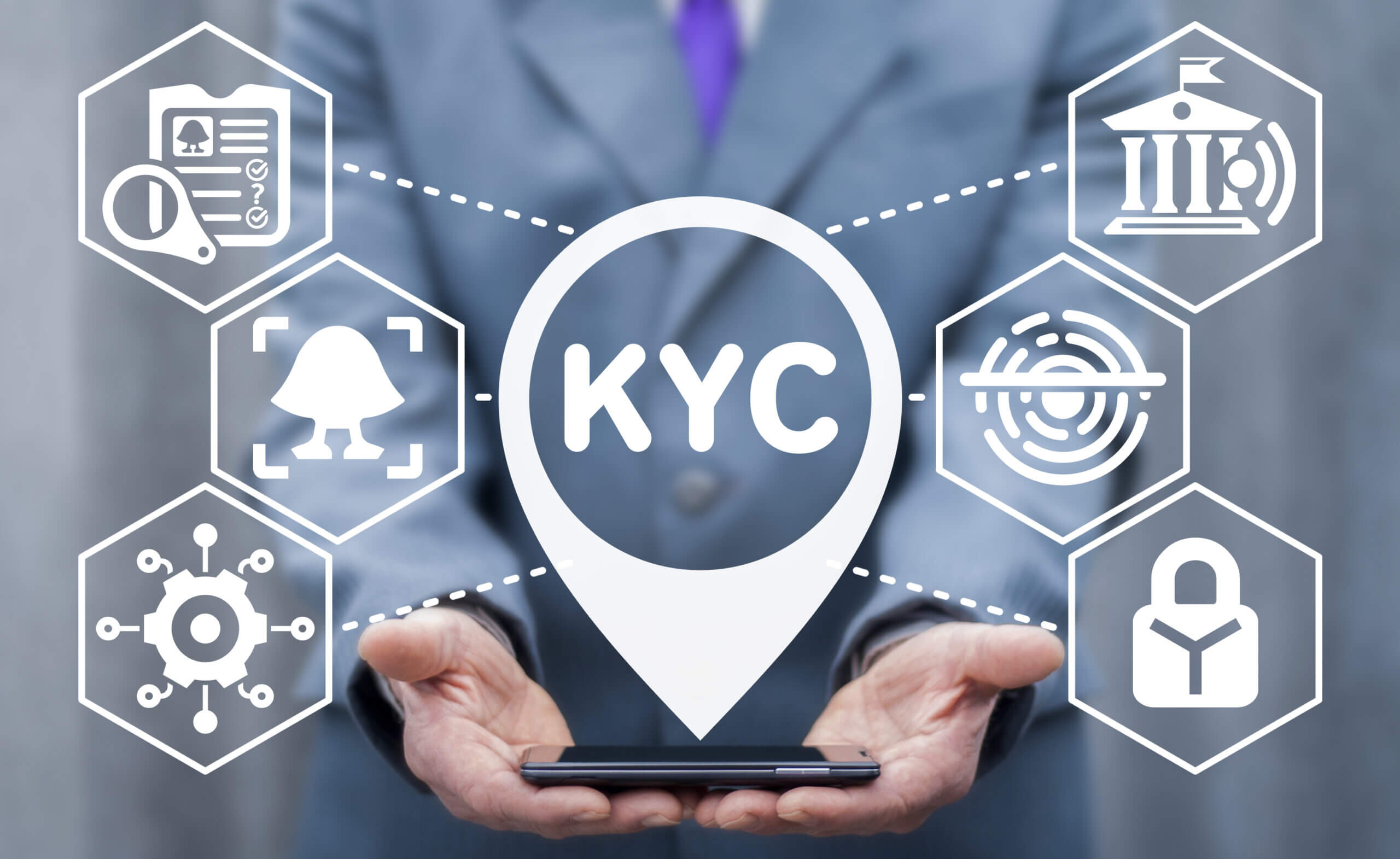Traditional KYC methods are increasingly proving inadequate, leading to inefficiencies and vulnerabilities. However, technological advancements, particularly in Artificial Intelligence (AI) and Machine Learning (ML), are paving the way for more robust and efficient KYC processes.
The Challenges of Traditional KYC Processes
Financial institutions have long relied on manual, labor-intensive procedures to meet KYC and Anti-Money Laundering (AML) requirements. These traditional approaches are fraught with challenges:
- High Onboarding Costs: Manual verification processes are time-consuming and expensive. A recent study revealed that “the average KYC review for a corporate client now costs $2,598.”
- Lengthy Onboarding Processes: Extended verification timelines can frustrate potential customers and lead to attrition. The same study also found that “globally, banks took an average of 95 days to complete a KYC review in 2023.”
- False Positives: Traditional systems often generate a high number of false positives, leading to wasted resources. Research shows, “traditional rule-based transaction monitoring systems generate up to 90% false positives.”
- Resource Constraints: Compliance teams are often overwhelmed, lacking the necessary resources to perform their duties effectively. A survey by Corporate Compliance Insights revealed that “53% [of compliance officers] said they lack the resources to perform their job to its full potential.”
These issues not only strain operational efficiency but also expose institutions to significant regulatory and reputational risks.
The Promise of AI and Machine Learning in KYC
To address these challenges, many financial institutions are turning to AI and ML technologies:
- Enhanced Efficiency: AI can automate routine tasks, reducing the time and cost associated with KYC processes. For instance, AI-driven platforms can expedite customer data verification, significantly cutting down processing times.
- Improved Accuracy: Machine learning algorithms enhance KYC compliance by automating data analysis, which reduces false positives and ensures more precise risk assessments. By analyzing vast datasets, these algorithms identify patterns indicative of fraudulent activity, thereby streamlining the compliance process.
- Scalability: AI solutions can handle large volumes of data, making it easier for institutions to scale their operations without a proportional increase in compliance staff. This scalability is crucial as the volume of transactions and customer data continues to grow.
As noted by Moody’s, “AI’s role in KYC is set to expand, offering organizations significant benefits such as reduced costs, heightened accuracy, and an optimized customer experience.”
Quantifind’s Role in Revolutionizing KYC
Quantifind has been at the forefront of integrating AI into KYC processes, offering solutions that enhance both efficiency and accuracy:
- AI Risk Intelligence Platform: Quantifind’s platform provides an intelligent financial crimes solution that offers search and entity resolution across negative news, company data, sanctions, PEPs, and watchlists. It uses AI-powered signal extraction and risk typologies to calculate risk scores and relevance based on unstructured data.
- Enhanced Productivity: Financial institutions utilizing Quantifind’s solutions have reported significant improvements in efficiency. For example, the platform has been shown to provide up to a 40% increase in productivity compared to legacy processes.
- Advanced Name Science: Quantifind’s expertise in “name science” has been instrumental in reducing false positives. By applying machine learning to understand linguistic patterns and name variations, the platform enhances the accuracy of entity resolution, thereby streamlining compliance workflows.
Real-World Applications and Success Stories
Many top financial institutions have already integrated Quantifind’s AI-driven solutions into their KYC processes:
- Tier 1 Global Bank: After evaluating multiple vendors, a Tier 1 global bank selected Quantifind to enhance its AML/KYC processes. The bank reported that Quantifind “beat out the competition with its strong data science foundation that leads to superior speed and accuracy.”
- Canadian Big Five Bank: One of Canada’s largest banks incorporated Quantifind’s platform into its risk management strategy. The institution observed “upwards of 40% productivity gains for investigations and 75% of high-risk cases automatically triaged.”
- U.S. Department of Defense: Quantifind extended its services beyond the financial sector by securing contracts with the U.S. Department of Defense. The platform was utilized to automate vendor vetting processes, batch screen contract applicants, and continuously monitor vendors for changes in risk posture, thereby safeguarding the defense supply chain.
- Oracle Partnership: Quantifind’s platform integrates with Oracle Financial Services Financial Crime and Compliance Management (FCCM), allowing users to retrieve and view risk scores of customers. This integration enhances the accuracy of AML investigations and significantly reduces the time spent on case reviews.
- OpenCorporates Collaboration: By partnering with OpenCorporates, Quantifind enables investigators to rapidly identify cross-border links between companies and individuals. This capability is fundamental in uncovering many financial crime typologies, allowing compliance teams to focus on analyzing data and uncovering risk rather than manually collecting company information.
The Future of KYC Compliance
The integration of AI and ML into KYC processes is not just a trend but a necessity. As financial crimes become more sophisticated, institutions must leverage advanced technologies to stay ahead. By adopting AI-driven solutions like those offered by Quantifind, banks and financial institutions can transform KYC from a regulatory burden into a competitive advantage, ensuring robust compliance while enhancing customer satisfaction.
Find out how Quantifind can help make compliance a growth driver for your business — Get a demo.
